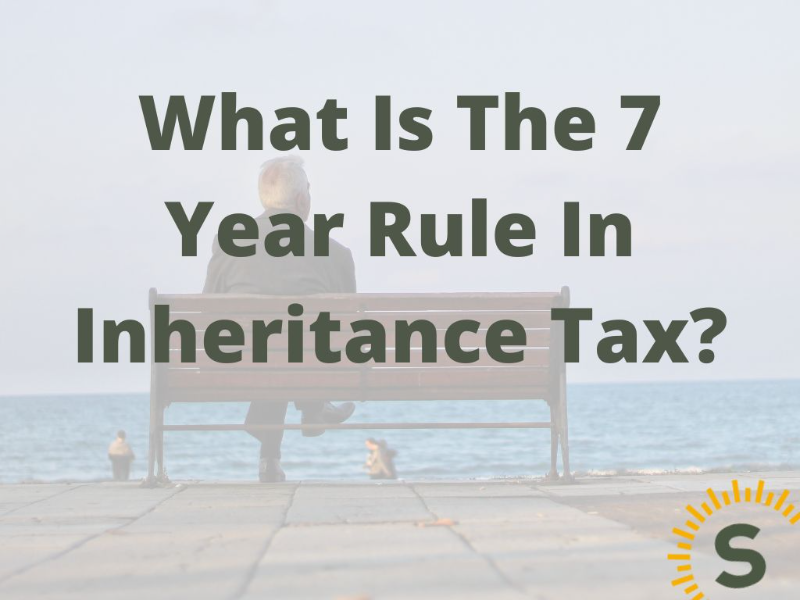
It costs a lot to pay for care in a nursing home. There is some help to pay for the costs, but the care system can be hard to understand and navigate.
You might be able to get money from your city council or, in some cases, from the NHS. If you need to self-fund your care, you may want to consider your options around Care Plans.
Get a care needs assessment from your local council. This is the first step to getting care, whether you need changes to your home, home care, or a spot in a care home.
A care needs assessment is free, and you have the right to one no matter how much money you have or how much help you need.
You can set up a care needs assessment for a family member or friend, but they have to agree to it (unless they aren't able to make or communicate their own decision).
If you are eligible for funding help, your local council must figure out how much your care will cost in total and, using the means test, how much you will have to pay out of your own money. The council must make sure that the total cost number it comes up with, called the "personal budget," is high enough to pay for at least one good care home.
You will have to pay some of the cost out of your income, such as pensions, which are part of the financial assessment. However, you must be given a Personal Expenses Allowance (PEA). Each week, the PEA must be at least £25.65. Depending on your situation, the council can decide to raise this amount. Read on to find out more about the means test.
Here are some average costs for different types of care:
| Type of Care | Average Cost in the UK |
|---|---|
| Home Care | Around £20 per hour |
| Residential Care | Around £33,000 per year |
| Nursing Care | Around £47,320 per year |
Under NHS continuing healthcare, if your main needs are health-related, the NHS will arrange and pay for your care (NHS CHC). If you qualify for NHS CHC, your stay in a care home is free. When the council looks at your needs, if it seems like you might be eligible for NHS CHC, it must send you to the NHS.
If you don't meet the requirements for NHS CHC but still need nursing care, the NHS makes a payment directly to the nursing home to help pay for the care. This is called nursing care paid for by the NHS (NHS FNC).
Speak to your Doctor to see if you are eligible.
If your local council conducts your care needs assessment and finds that you need a place in a care home, they will do a means test to figure out how much of the cost of your care you will have to pay. This will take into account how much money you make and how much you have saved. In the means test, money from certain disability benefits is not counted as income. All other income and assets can be considered.
In the means test, the value of your home may be counted as capital. But there are times when the council can't use your property as part of the means test.
The cost of living in a care home will depend on where you live, the care home you choose, and your own financial situation. A place in a care home costs around £600 a week on average, while a place in a nursing home costs over £800 a week.
Research shows that the average cost of residential care varies a lot depending on where you live in the UK.
If you pay your own fees and your capital is less than £23,250, the local council may help you pay for your Care. You should ask for an evaluation a few months in advance because they will have to agree that you need to go to a care home.
If you are not eligible for support, you may want to consider your options around Care Plans.
A care plan can help financially support the cost of long-term care needed in later life. If an illness, condition, or disability leaves you needing care, and you are over 60, you would be able to consider lifetime care plans which allow you to purchase a plan with a one-off lump sum, in return for support with the costs of care.
You pay a one-off lump sum payment, in return for monthly contributions towards your care. There are different types of policies available to help keep your insurance flexible.
Speaking with a later-life or Financial adviser may allow you ways to protect your wealth in other ways than using a care plan. It's equally as important to review later life needs as it is to look after your current finances.
For more information on care planning, review our Care plans page.

Stuart is an expert in Property, Money, Banking & Finance, having worked in retail and investment banking for 10+ years before founding Sunny Avenue. Stuart has spent his career studying finance. He holds qualifications in financial studies, mortgage advice & practice, banking operations, dealing & financial markets, derivatives, securities & investments.
 No minimum
No minimum  Newcastle-under-Lyme, Staffordshire
Newcastle-under-Lyme, Staffordshire Free Consultations
Free Consultations
 No minimum
No minimum  Free Consultations
Free Consultations
 No minimum
No minimum  Kirkby Stephen, Cumbria
Kirkby Stephen, Cumbria Free Consultations
Free Consultations
 No minimum
No minimum  No obligation consultation
No obligation consultation
 £51,000+
£51,000+  Free Consultations
Free Consultations
 No minimum
No minimum  No obligation consultation
No obligation consultation
 £51,000+
£51,000+  Free Consultations
Free Consultations
 £101,000+
£101,000+  Bishop's Stortford, Hertfordshire
Bishop's Stortford, Hertfordshire No obligation consultation
No obligation consultation





Our website offers information about financial products such as investing, savings, equity release, mortgages, and insurance. None of the information on Sunny Avenue constitutes personal advice. Sunny Avenue does not offer any of these services directly and we only act as a directory service to connect you to the experts. If you require further information to proceed you will need to request advice, for example from the financial advisers listed. If you decide to invest, read the important investment notes provided first, decide how to proceed on your own basis, and remember that investments can go up and down in value, so you could get back less than you put in.
Think carefully before securing debts against your home. A mortgage is a loan secured on your home, which you could lose if you do not keep up your mortgage payments. Check that any mortgage will meet your needs if you want to move or sell your home or you want your family to inherit it. If you are in any doubt, seek independent advice.